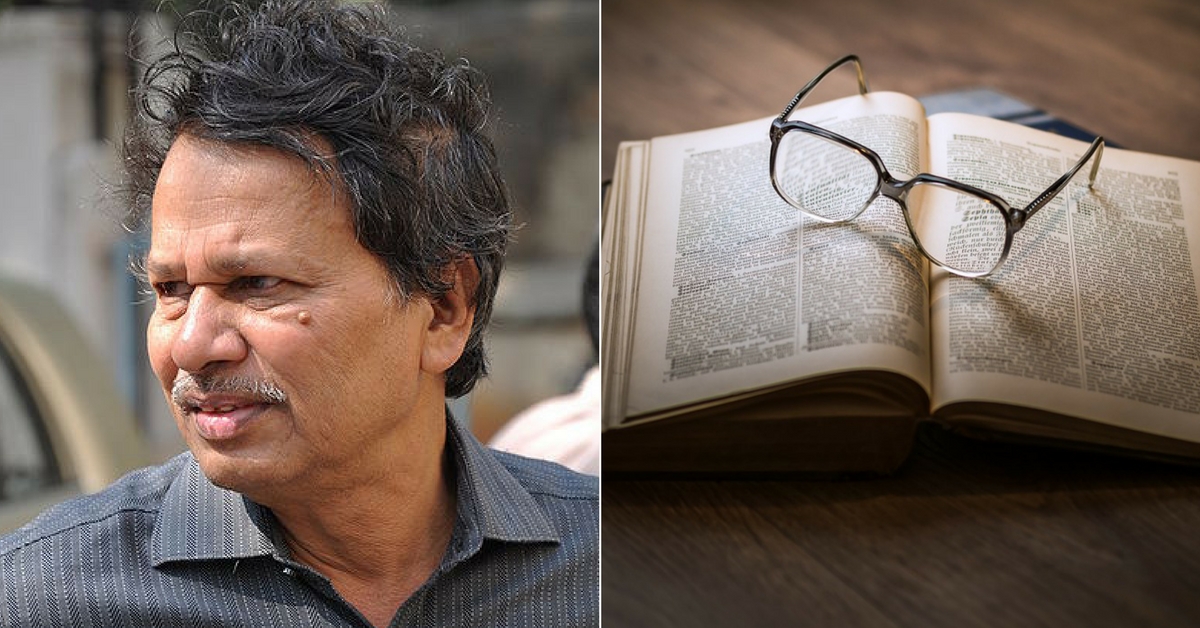Curb Moral Policing: Karnataka Govt Issues Cultural Policy That Secures Artists’ Liberty
In August 2017, the Karnataka state cabinet decided upon a 'cultural policy' which could be the first one in the country to have such a comprehensive outlook on culture and literature from the state.

Over the years, art and artists in India have been subjected to suppression and even bans, due to the overwhelming fear of offending certain parts of the society. When an artist holds an influential position in the society, sensitivity and responsibility are of paramount importance, without a doubt.
However, without adequate liberty and creative freedom, they cannot achieve much as artists.The Karnataka Government has taken note of this and is advancing policies which will assure the preservation of an artist’s liberty in the state.
In August 2017, the Karnataka state cabinet decided upon a ‘cultural policy’ which could be the first one in the country to have such a comprehensive outlook on culture and literature from the state.
The main thrust of this policy is to curb moral policing, and unilateral decisions on banning literature and books.

Baragur Ramachandrappa, a noted Indian writer in the Kannada language, spoke to The News Minute about this.
“One of the most important recommendations is to stop moral policing,” he said, adding that, “There are two steps to this. According to the committee’s recommendations, the state police will be responsible for apprehending those resorting to moral policing. Also, a committee will be formed to create awareness against moral policing. The government, however, will have to make policies which can be implemented.”
Another significant factor of the policy is that committees that will work to create awareness about communal harmony in the areas that are vulnerable to communal violence will be set up.

The policy was formulated by a six-member committee led by Ramachandrappa. According to him, the committee had submitted a 68-page report with 44 recommendations back in 2014, and the policy was approved only in 2017.
The report included a recommendation to encourage plurality in literature and will reconsider bans on literary or artistic works.
You may also like: 10 Karnataka Budget Schemes That Are Giving the State a Reason to Cheer
“Plurality must be promoted,” Ramachandrappa said. “However, it cannot be so if literary works are banned. Hence the policy suggests setting up of a committee and discussing the issue before resorting to banning any literary work. If these policies have to work, firstly, the Kannada and Culture Department must be decentralised, and the cabinet has accepted this recommendation.”
In addition to these, the cultural policy also has guidelines in place regarding the appointment of heads of various academies, the selection of personalities to give and receive awards, provision of scholarships or fellowships, hosting events at tourist places as well as the construction of Kannada Bhavans.
Though the plan to have a cultural policy was first envisaged during the Janata Dal government in 1996, the Siddaramaiah government decided to have a definitive policy and set up the committee in August 2013. The committee submitted a 68-page report with 44 recommendations in June 2014, which was kept in the cold storage since then.
One of the examples of how this cultural policy will give a push to Karnataka’s diverse culture is the way it will help Tulu speakers from the state. With approximately 20 lakh Tulu speaking people globally, the new draft of the Karnataka Cultural Policy the state government has proposed to the Centre that Tulu is included in the 8th schedule of the Constitution.
Like this story? Or have something to share?
Write to us: [email protected]
Connect with us on Facebook and Twitter.
NEW: Click here to get positive news on WhatsApp!
If you found our stories insightful, informative, or even just enjoyable, we invite you to consider making a voluntary payment to support the work we do at The Better India. Your contribution helps us continue producing quality content that educates, inspires, and drives positive change.
Choose one of the payment options below for your contribution-
By paying for the stories you value, you directly contribute to sustaining our efforts focused on making a difference in the world. Together, let’s ensure that impactful stories continue to be told and shared, enriching lives and communities alike.
Thank you for your support. Here are some frequently asked questions you might find helpful to know why you are contributing?


This story made me
-
97
-
121
-
89
-
167











